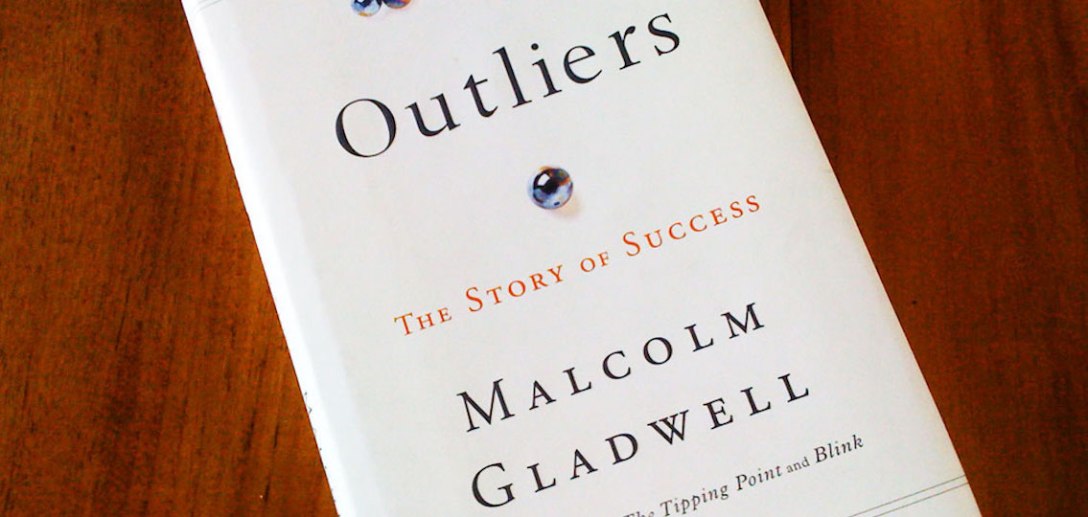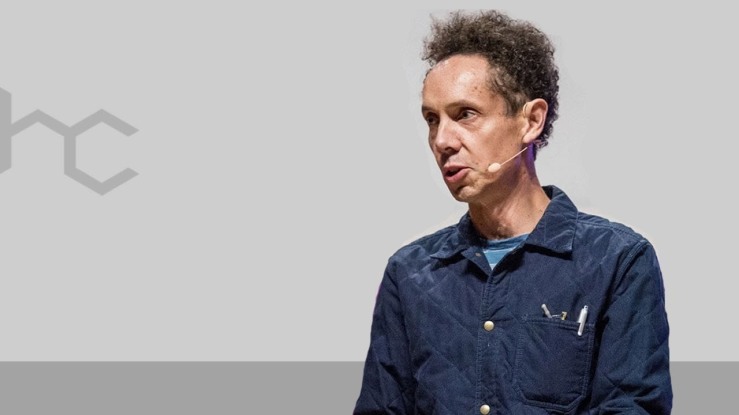Every action you take is a vote for the type of person you wish to become. No single instance will transform your beliefs, but as the votes build up, so does the evidence of your new identity – James Clear
Habits have always been one of my fascinations. To understand their usefulness, you have to know about compounding.
What is compounding? Compounding is the accumulation of outcomes. We compound interests in banks. Warren buffet became a billionaire by compounding his profits in the stock market.
Here’s a quote from the man himself:

You can see how much emphasis Buffet puts on reading, on knowledge and on compounding.
Habits lets you harness the power of compounding. You repeat your habits day after day after day. Thus, the outcomes build on top of one another.
Thus, to build muscle we workout at frequent intervals. You can’t just do extreme workout one day and expect to look like Jason Statham overnight.
That’s why experts forbid us to cram everything the night before an exam. Studying regularly, no matter how little, builds the knowledge into your psyche.
If I was successful in intriguing you about habits, then you may be wondering what some of the best habits are. Well, Everyone is at a unique stage of their life so it’s hard to recommend something that might help everyone. I will still try and find the common grounds. Here are my top 5:
-
Studying Smart
Much of our study time is wasted as we don’t know the proper ways of doing it. To really up your game and retain what you learn, you need to know these two concepts: ‘Spaced repetition’ and ‘Recall’.
It’s been proven by various studies that spaced reputation is the best way to study. It’s a simple concept where you revise your study material at frequent intervals. (If you wish for an app to facilitate this, you can use Anki. It’s available for both android and windows-PC.
the second concept is ‘to recall’. It’s famously known as the ‘Feynman technique’, as the legendary physicist Richard Feynman popularized it. The concept is to stop at frequent intervals while studying, and trying to convey what you just studied in your own words. You can do this by writing, saying it out loud, or through teaching someone else. For more clarification, watch the video here.
-
Blocking all entertainment
If you block your favorite sources of entertainment for a certain period of the day, you will be bored. This boredom can be your weapon.
When you have nothing better to do, you will start to seek action in any format. Soon you’ll start organizing your room, reading a book, or maybe writing down your thoughts.
You may go out and talk to someone, finish the project that you’ve been procrastination on, or start doing mild exercise.
No matter what, your day will be more productive than just scrolling through Facebook or watching random YouTube videos.
I recommend, you block all entertainment, which includes all social media, until evening.
-
Three sacred hours
This is my favorite habit. This is a habit that is apparently very popular among famous writers too.
Jordan Peterson used to isolate himself in a room for 3 hours everyday to write his first book.
Steven Pressfield also employs a similar tactic.
Stephen king once told George RR Martin that he writes 6 pages every day. (I guess in his case it’s 6 sacred pages! 😉)
Neil Gaiman also shares how he isolated himself when he needs to write. I discussed about his technique here.
The idea is simple. Create a list of things you want to get accomplished every day. Maybe you want to practice coding, learn a language, write fiction or read the news. It can be anything as long as it can be done (at least partially) within 25 minutes.
Then keep only 6 of these tasks and remove the others from this list. Every day, at a fixed time, start a pomodoro timer and get all 6 of these done. It will take you only 3 hours and you’ll never miss the things that are most important for your personal/ career growth.
If you think you can’t make 3 hours of space in your schedule, try 2 hours or even just one hour. The important thing here is repetition not quantity.
Also, see if you can make time by eliminating your social media presence.
I elaborate on the 3 sacred hours idea here.
-
Working out

We are so used to thinking about exercise as a physical phenomena that we forget its best benefits revolve around the brain. Working out cures depression, makes you more focused and helps you sleep well. Working out has even been linked to better memory. So it definitely should be a habit that you take on early in your life.
-
Morning Pages
Julia Cameron popularized this idea in her bestselling book ‘The Artists Way’.
Psychologist Conor Neil, in his TEDx Talk (with over 2million views!) advises journaling to increase intelligence. He is not the only psychologist whom I have heard being an ardent supporter of journaling either. Bill Williams, the famous psychologist turned stock trader is another person who pushes morning pages as a crucial factor for success.
The way I suggest you use morning pages is like this-
Write down the events that happened in the previous day. Record your actions and reactions. Once you do that, you’ll start to develop an idea of what you are doing right and where you have room for improvement.
Hope this helps!










